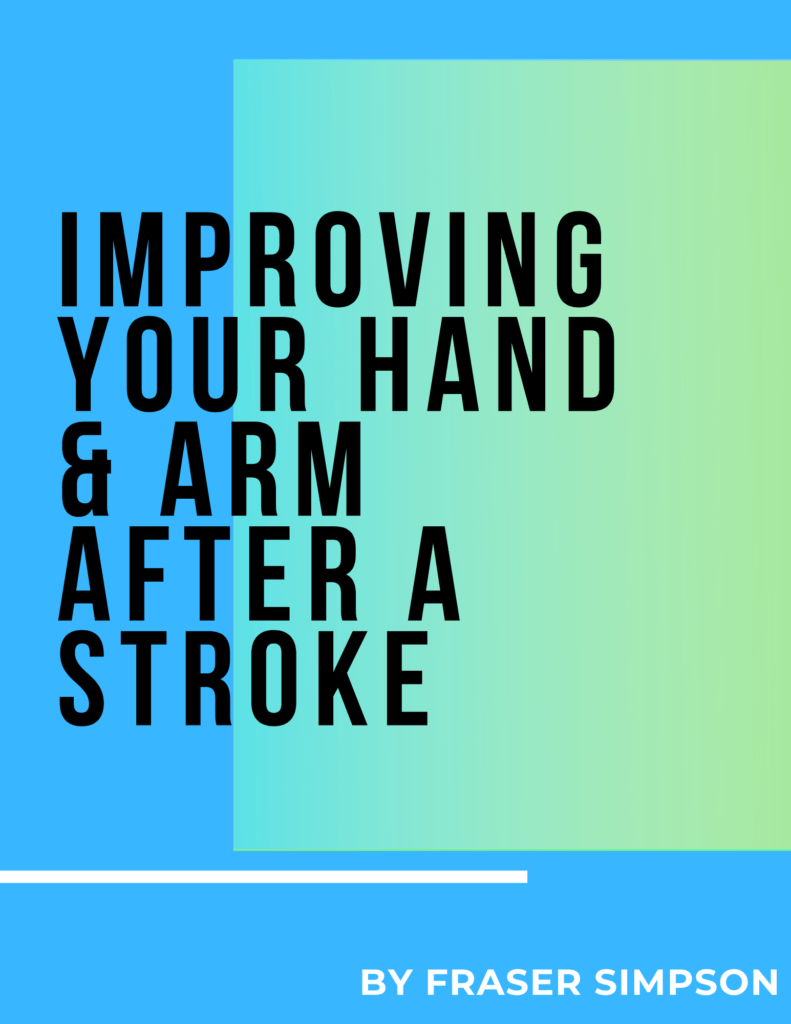At Simpson Physiotherapy, we believe in the power of movement. Over the years, we’ve seen firsthand how the right kind of targeted exercise can make an enormous difference in the lives of those living with Parkinson’s. There are still common misconceptions that exercise might be harmful or even futile for Parkinson’s, but that couldn’t be further from the truth.
Movement, when done correctly and consistently, doesn’t just maintain quality of life—it can improve it. The right exercises help with mobility, strength, coordination, and even mood. This isn’t just about staying active; it’s about reclaiming control, boosting confidence, and moving with purpose.
Let’s explore how movement affects brain health, the best types of exercises for balance and coordination, and why neuro-active exercises are different. We’ll also share how to find new strength and stability through our programmes at Simpson Physiotherapy.
How Movement Influences Brain Health
When you think about exercise, you probably think of its physical benefits—stronger muscles, better endurance, improved flexibility. But for those living with Parkinson’s, movement is just as important for the brain as it is for the body.
Parkinson’s Disease is characterised by a loss of dopamine-producing cells in the brain. Dopamine is crucial for coordinating smooth and controlled movements. However, studies have shown that targeted exercise can actually help maintain dopamine levels and strengthen neural pathways.
At Simpson Physiotherapy, we incorporate neuro-active exercises into our programmes. These are designed specifically to engage the brain in movement, encouraging neural pathways to adapt and strengthen. The result? Improved movement control, better balance, and enhanced coordination.
The Best Exercises for Balance, Strength, and Coordination
The key to changing life with Parkinson’s is choosing the right types of exercises that target specific areas of concern. Here are some of the most effective ones we use with our clients:
1ï¸âƒ£ Walking Drills
Simple but powerful. Walking drills such as heel-to-toe walking, side-step walking, and backward stepping improve gait and help prevent falls. These exercises focus on lifting the feet, lengthening stride, and maintaining a steady rhythm.
Why it helps:
- Enhances stability
- Boosts confidence with each step
- Improves coordination and posture
2ï¸âƒ£ Stretching and Flexibility Exercises
Maintaining flexibility is crucial for comfortable, pain-free movement. Regular stretching helps to reduce stiffness, improve joint mobility, and prevent tightness in muscles that can lead to imbalance.
At Simpson Physiotherapy, we guide our clients through gentle stretching routines designed to loosen tight muscles and support better range of motion.
Why it helps:
- Reduces stiffness and discomfort
- Promotes smoother movement
- Supports everyday activities like getting out of chairs or climbing stairs
3ï¸âƒ£ Balance Exercises
Balance-specific exercises are vital in preventing falls and enhancing overall stability. Movements like standing marches, heel raises, and one-leg stands are simple yet effective for improving steadiness.
These are often part of our community classes and online PD Warrior sessions, where we focus on controlled, deliberate movements to reinforce balance.
Why it helps:
- Builds confidence in everyday tasks
- Reduces the risk of falls
- Improves coordination
4ï¸âƒ£ Strength Training
Building strength is crucial for stability. We focus on low-impact resistance exercises that target major muscle groups—legs, core, and back—to support posture and walking ability.
Using simple tools like resistance bands and light weights, we help clients build strength safely and effectively.
Why it helps:
- Improves posture and alignment
- Supports joint health
- Boosts overall stability
5ï¸âƒ£ Tai Chi and Yoga
Mindful movement exercises such as Tai Chi and Yoga are fantastic for enhancing both balance and mental focus. These exercises encourage slow, deliberate movements, which help with coordination and reduce anxiety.
Why it helps:
- Reduces anxiety and promotes calm
- Enhances balance and flexibility
- Improves mind-body connection
Why Neuro-Active Exercises Are Different
Not all exercise is created equal. Neuro-active exercises are specifically designed to target the brain-body connection. This isn’t just about moving your body; it’s about retraining your brain to send clearer, stronger signals to your muscles.
Our PD Warrior Classes are a fantastic example of this. These high-energy sessions are built around big, purposeful movements that challenge the body and stimulate the brain. They are designed to push you safely beyond what you think you can do, helping you to reclaim movements you may have thought were lost.
We’ve seen clients who once shuffled through their day begin to take confident strides again. Neuro-active exercise isn’t just movement; it’s a strategy for living well with Parkinson’s.
Real Progress Through Consistency and Support
We’ve had the privilege of working with many individuals who began their journey feeling unsteady, uncertain, and disconnected from activities they loved. With time, dedication, and the right exercise routines, we’ve seen those same people regain confidence, move freely, and rediscover independence.
At Simpson Physiotherapy, we’ve seen time and again how targeted exercise can be a game-changer for those living with Parkinson’s. Clients who once felt unsteady and unsure in their movements often begin to experience noticeable improvements with regular physiotherapy sessions and neuro-active exercises. By focusing on tailored routines that enhance balance, strength, and coordination, many people regain confidence in everyday activities—like walking outdoors, navigating stairs, and even participating in community events.
The key lies in consistency and the right support. Our clients tell us that the encouragement they receive during PD Warrior Classes, coupled with the personalised guidance of our physiotherapy sessions, makes all the difference. Seeing someone walk with greater ease, move with more stability, and reclaim independence is what drives us to keep pushing the boundaries of what’s possible with Parkinson’s care.
Take the First Step Towards Better Movement and Confidence
If you or a loved one is living with Parkinson’s and wants to experience the impactful power of movement, we’re here to help.
📞 Book a FREE telephone consultation today to learn how we can support your journey. Our expert team will discuss your goals, answer your questions, and design a plan just for you:
👉 simpsonphysio.co.uk/phone-consult
Or call us directly on 0141 530 2092
We also offer in-home visits across Glasgow and beyond, as well as PD Warrior Classes online and in person, so you can get the support you need, wherever you are.
Let’s take that first step together. Because with the right support, movement isn’t just possible—it’s powerful.



